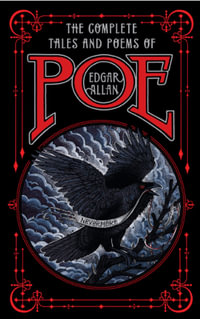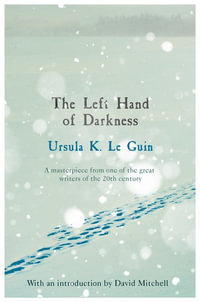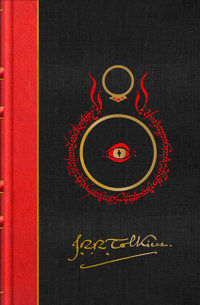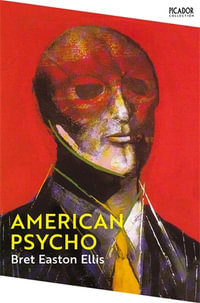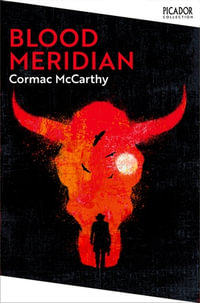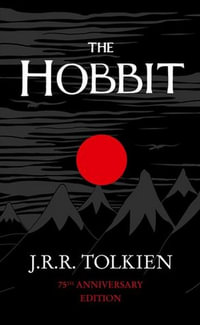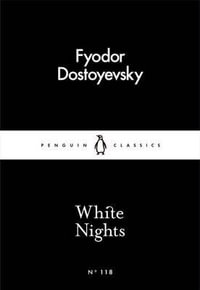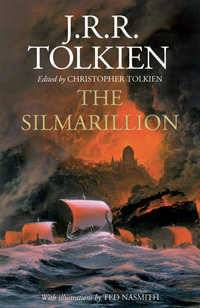This title provides with introductions by Dr Dieter Fuchs and Joseph O'connor. Against the backdrop of nineteenth century Dublin, a boy becomes a man: his mind testing its powers, obsessions taking hold and loosening again, the bonds of family, tradition, nation and religion transforming from supports into shackles; until the young man devotes himself to the celebration of beauty, and reaches for independence and the life of an artist.
About the Author
James Augustine Aloysius Joyce was born on 2 February 1882 in Rathgar, Dublin and educated at Jesuit schools before attending University College, Dublin. After graduating, he left Ireland for Paris, at first to study medicine, but returned home after a year when his mother became ill. Joyce struggled to make a living in Dublin, and soon left the country again, this time in the company of Nora Barnacle, who would be his life-long companion and mother of his two children. Settling in Trieste, Joyce taught English and began once more to write. He published a volume of verse, Chamber Music in 1907, which was followed by Dubliners in 1914, and Portrait of the Artist as a Young Man, which was published serially in the Egoist magazine. These works won Joyce the attention of Ezra Pound, and through Pound, the patronage of publisher Harriet Shaw Weaver. In 1920, Joyce moved to Paris, where he began writing Ulysses, though by now suffering severe difficulties with his sight. Ulysses was published in 1922, and was celebrated as a work of immense literary importance by writers such as T.S.Eliot and Hemingway. It was followed by Finnegan's Wake, published in its completed form in 1939. Joyce and his family fled the German occupation of France by moving to Zurich in 1940, but Joyce's health worsened, and he died on 13 January 1941.
Industry Reviews
Joyce's depiction of the early Dublin life of Stephen Dedalus towers over modern literature, providing a stylistic blueprint and creative touchstone for artists young and old * Guardian *
It's damn well written -- Ezra Pound
There is nothing more vivid or beautiful in all Joyce's writing. It has the searing clarity of truth...but is rich with myth and symbol * Sunday Times *
James Joyce is my favourite novelist...Once I had read [this] I knew that I could never create anything that even came close to Joyce's magic -- James Patterson * Sunday Express *



